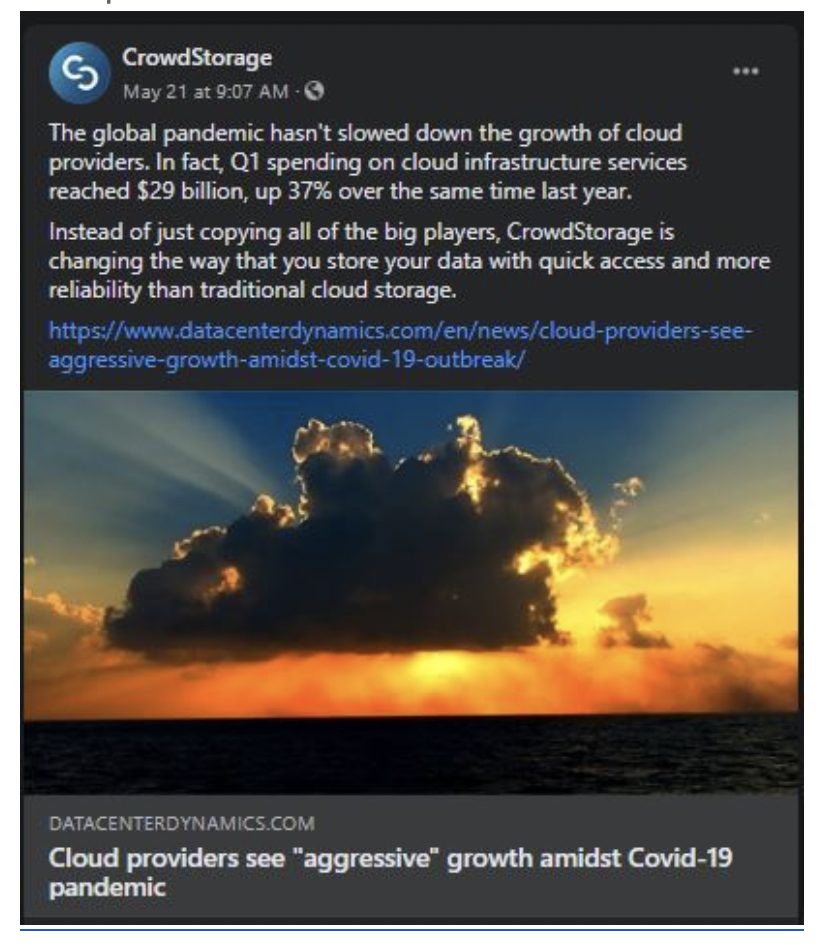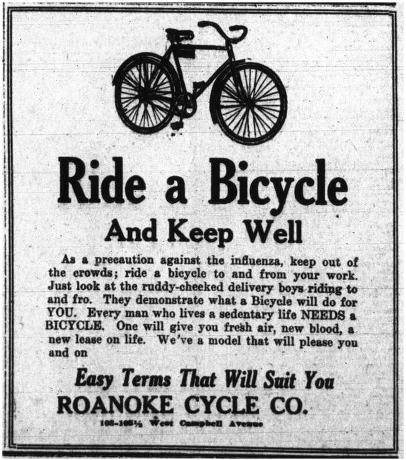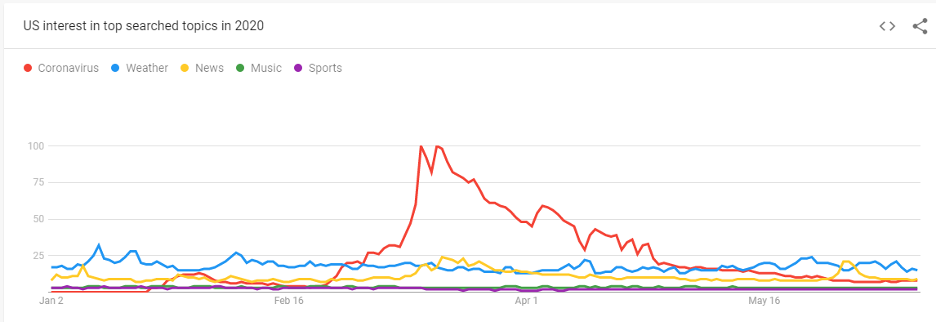Coronavirus has had the kind global impact that most of us probably never expected to see in our lives. Whole industries and markets have crumbled, making it a scary time for businesses and consumers alike. With new virus threats still springing up every month, it looks like we’re going to be dealing with the “new normal” of the pandemic for a long time.
With all this societal shifting, the way that markets respond to PPC continues to change in sometimes unpredictable ways. While some companies make embarrassing mistakes and struggle to cope with consumers’ new buying habits, others have pivoted their PPC strategies and are thriving. The difference comes down to successful adaptation. Let’s talk about five key points that will help you successfully navigate your PPC campaign through the pandemic.
Don’t give in to fear-based thinking
Fear-based decision making is just bad decision making. We all know it. And yet we give in to it too often. When the economy looks rough and the news and media makes it look even worse, we might feel tempted to cut PPC budgets. After all, isn’t that what everyone else is doing?
The problem with this kind of reasoning is that it neglects the data. More often than not, what you need to do is realign your PPC campaign and prioritize different aspects of it, not cancel it. Particularly companies that use PPC as one of their main sales channels need to recognize that further limiting their already enervated sales channels might be like putting tanning oil on an already bad sunburn.
Besides, this might be your chance to shine. With frightened advertisers sitting out on the bids, CPC these days is lower than it has been for a long time. Many of your competitors are likely sitting on the sidelines, not sure what to do. This might be your opportunity to get ahead! Not to mention that, in spite of the economic hardship, many industries continue to boom, and others have had no issue sprouting to life. Take the distributed storage industry, for example.

Pause your less profitable keywords
One thing that can help immensely with improving ROAS is to audit your keywords anew. Which ones cost the most? Which ones are no longer being searched? Which ones convert the best? Rather than cutting out your whole PPC strategy or slashing large segments of it, instead, look at your keywords and find the ones that have the highest cost per conversion. You can save money by putting these ones on pause for now.
When the economy revives perhaps you’ll feel ready to take on some additional risk and go for those more-difficult keywords, but for now, consider removing unnecessary waste and putting the less profitable keywords on hold. This will enable you to give more budget to campaigns that have cheaper cost per conversion.
Be careful to not run ads that are now socially inappropriate
With all the fear, hurt and worry occurring in the world because of the virus, the last thing you want to do is come across to your target audience as unaware or uncaring. And yet, many brands that do not properly address the current condition accidentally do just that.
As the virus broke out in early March, KFC in the UK sent out their “finger lickin’ good” campaign like any other day. The issue? It was not a day like any other day, and the last thing that anyone should be doing when a global pandemic is on the rise is lick their fingers up and down in a public restaurant. The ad shows various vignettes of people at KFC licking their hands to the sound of nocturnes playing in the background. Understandably, KFC received some backlash on Twitter for this blunder.
Another embarrassing mistake was committed by Lysol. Long after frantic crowds had completely cleaned stores out of sanitization products, the brand continued to show their ads for their products as if trying to draw attention to the shortages. Viewers were not impressed.
As you run your own ads, be cognizant of how these messages appear to the masses, and be careful to not subtly or overtly encourage consumers to engage in unsafe or unsanitary behaviors.
Take advantage of the opportunity to pivot your brand and meet society’s unmet needs.
Do you sell products or services that can be categorized as essential? Or perhaps you have a product that will encourage social distancing or aid those who are economically affected by the virus? Find opportunities to reframe your brand’s messaging so that it touches people’s new pain points.
Looking at the advertisements from the 1918 Spanish Flu can be an interesting Google search. The advertisements from the time are eerily similar to 2020 ads. Take a look at this bicycle ad and what an excellent job it does of reframing the benefit in context of the pandemic:

“Ride a Bicycle And Keep Well – As a precaution against the influenza, keep out of the crowds; ride a bicycle to and from your work.”
Not long ago I was running the PPC for a company that sells clips for soap dispensers. The idea is that the clips limit dispensers’ pumps so they can only go down so far, thus helping homeowners save money on product and not waste unnecessary soap and shampoo. When the pandemic occurred, we reframed this message to instead focus on helping homeowners – and particularly the parents of pump-happy children – dispense soap and sanitizer more responsibly and not suffer from the shortages. This more-relevant messaging caught people’s attention and met unmet needs, and before long, we had more than tripled our ROAS.
Don’t run ads that will get disapproved
A word of caution: as you pivot your PPC campaign you may be tempted to use terms like “coronavirus”, “covid”, and “pandemic”. The Google Trends data shows that the volume these terms are receiving is absolutely insane.

However, if you use these terms or any others that are too close, your ad copy will likely be flagged by platforms. Facebook categorizes ads that unnecessarily include these terms as “Controversial Content,” and refuses to show them unless they are manually approved first. As almost anyone in the PPC space will agree, getting your ads disapproved can be extremely frustrating. So adjust your ads and your ad copy to speak to people’s new needs, but avoid using these terms as you do so.
Adapt and thrive
The climate of the PPC world constantly changes. Good marketers know that the real key to success is the ability to adapt quickly and evolve with the times. The points discussed here will guide you as you seek to beat the rough economy and establish your brand in today’s new environment.
